
Managing diabetes is a delicate balance that involves mindful choices about what we eat. The right diabetic foods can help regulate blood sugar levels, improve insulin sensitivity, and reduce the risk of complications associated with this chronic condition. Fortunately, some everyday superfoods can be powerful allies in our fight against diabetes. Let’s explore these nutritional heroes and how they can positively impact our health.
1. Beetroot: The Colorful Champion
- Rich in Vitamins and Minerals: Beetroots pack a punch of essential nutrients, including vitamins (like vitamin C) and minerals (such as potassium and magnesium). These nutrients play a crucial role in maintaining overall health and supporting the immune system.
- Fiber-Rich: The fiber content in beetroots helps slow down the absorption of glucose, preventing sudden spikes in blood sugar levels. Additionally, fiber promotes gut health and aids digestion.
- Lipoic Acid: Beetroots contain lipoic acid, an antioxidant that protects cells from aging-related damage. It also contributes to better insulin sensitivity.
2. Tomatoes: Heart-Healthy Allies
Tomatoes aren’t just for pasta sauce; they’re also fantastic for managing diabetes. Here’s why you should include them in your meals:
- Lycopene Power: Tomatoes are rich in lycopene, a powerful antioxidant. Lycopene has been linked to reduced blood pressure and a decreased risk of heart complications—a common concern for people with diabetes.
- Vitamins Galore: Tomatoes provide a healthy dose of vitamin C and vitamin A. These vitamins support immune function and overall well-being.
- Low-Calorie and Low-Carb: Tomatoes are low in calories and carbohydrates, making them a guilt-free addition to your diet.
3. Pumpkin Seeds: Tiny Nutrient Powerhouses
- Iron Boost: Pumpkin seeds are an excellent source of iron, which is essential for maintaining healthy blood cells. Iron deficiency can exacerbate diabetes symptoms.
- Appetite Control: The healthy fats and protein in pumpkin seeds help keep hunger at bay. Snacking on a handful can satisfy cravings without derailing your blood sugar levels.
4. Flaxseed: Fiber-Rich and Heart-Protective
Flaxseeds are tiny but mighty. Here’s why they’re a diabetes-friendly choice:
- Insoluble Fiber: Flaxseed contains lignan, an insoluble fiber that supports heart health. It also helps regulate blood sugar levels and improves gut function.
- Omega-3 Fatty Acids: These healthy fats have anti-inflammatory properties and contribute to overall cardiovascular health.
5. Walnuts: Brain Food for Diabetics
Walnuts are brain-shaped for a reason—they’re excellent for cognitive health and diabetes management:
- Heart and Brain Benefits: Walnuts contain omega-3 fatty acids, antioxidants, and vitamin E. They protect against heart disease and support brain function.
- Blood Sugar Control: The combination of healthy fats, protein, and fiber in walnuts helps stabilize blood sugar levels.
6. Avocado: Creamy Goodness powerful diabetic food
Avocados are more than just Instagram-worthy—they’re a diabetes superfood:
- Monounsaturated Fats: Avocados are rich in heart-healthy monounsaturated fats. These fats improve insulin sensitivity and reduce inflammation.
- Fiber and Nutrients: Avocados provide dietary fiber, potassium, and vitamins (like vitamin K and folate).
7. Berries: Nature’s Antioxidant Gems
- Antioxidant Power: Blueberries, strawberries, and raspberries are bursting with antioxidants. They protect cells from oxidative stress and support overall well-being.
- Low Glycemic Index: Berries have a low glycemic index, meaning they won’t cause rapid blood sugar spikes.
8. Chia Seeds: Tiny but Mighty
Chia seeds may be small, but they’re nutritional powerhouses:
- Omega-3s and Fiber: Chia seeds are rich in omega-3 fatty acids and soluble fiber. They promote heart health and stabilize blood sugar levels.
- Hydration: When soaked, chia seeds absorb water and create a gel-like consistency. This helps keep you hydrated and slows down digestion.
9. Ginger: Spice Up Your Health
Ginger isn’t just for tea; it’s a potent anti-inflammatory and blood sugar regulator:
- Anti-Inflammatory Properties: Ginger reduces inflammation, which is beneficial for managing diabetes-related complications.
- Digestive Aid: It soothes the digestive system and may improve insulin sensitivity.
10. Spinach: Popeye’s Powerhouse
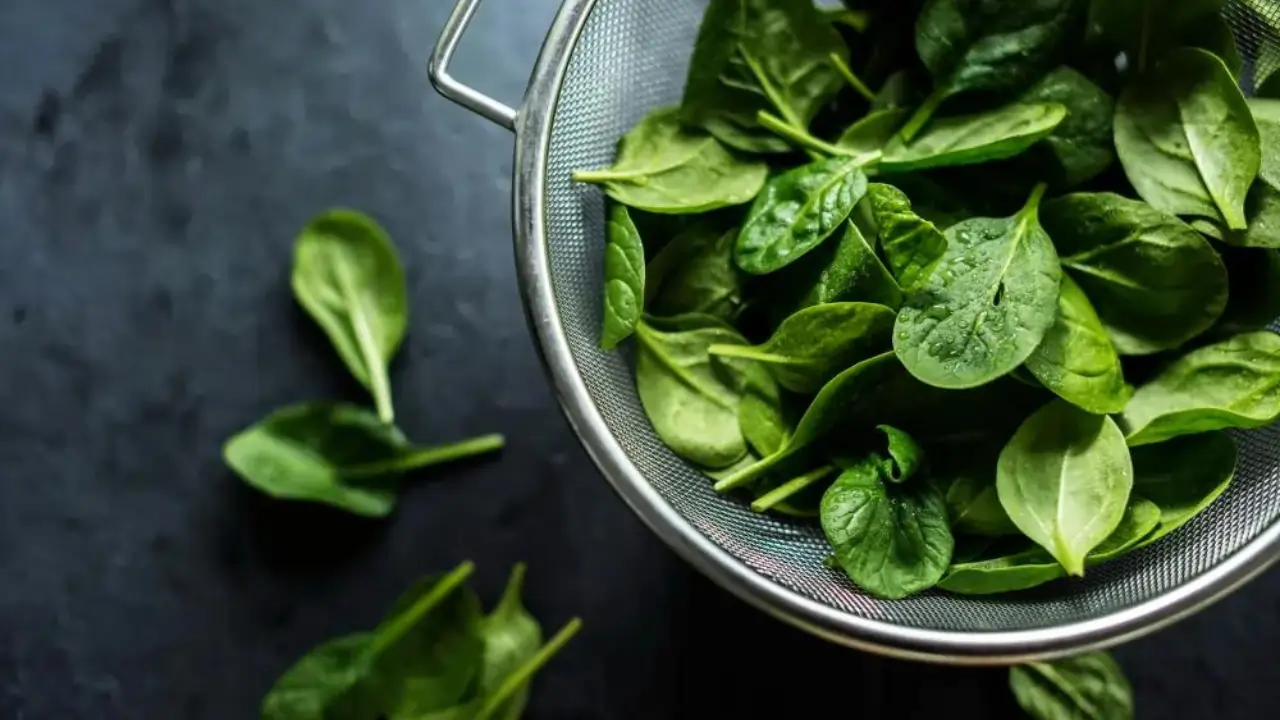
Spinach isn’t just for cartoon sailors; it’s a nutritional powerhouse that deserves a place on your plate:
- Rich in Antioxidants: Spinach contains antioxidants like vitamin C, vitamin E, and beta-carotene. These compounds protect cells from oxidative damage and inflammation.
- Low in Calories, High in Nutrients: Spinach is incredibly low in calories but packed with essential vitamins and minerals. It’s an excellent source of vitamin K, iron, and folate.
- Blood Sugar Regulation: The high fiber content in spinach helps stabilize blood sugar levels. It also promotes healthy digestion and prevents sudden spikes.
- Magnesium Boost: Magnesium plays a crucial role in insulin sensitivity and glucose metabolism. Spinach provides a healthy dose of this essential mineral.
Conclusion
In the battle against diabetes, our dietary choices play a pivotal role. By incorporating these powerful superfoods into our meals, we can better manage blood sugar levels, enhance insulin sensitivity, and safeguard our overall health. Remember to consult with healthcare professionals to tailor your diet to your specific needs.
FAQs
- Q: Can I eat fruits if I have diabetes?
- A: Absolutely! Choose low-glycemic fruits like berries, apples, and citrus fruits. They provide essential vitamins, fiber, and antioxidants without causing rapid blood sugar spikes.
- Q: Are nuts suitable for diabetics?
- A: Yes, nuts—such as walnuts and almonds—are excellent choices. They offer healthy fats, protein, and fiber, which help stabilize blood sugar levels and promote heart health.
- Q: How can I incorporate chia seeds into my diet?
- A: Add chia seeds to smoothies, yogurt, or oatmeal. They absorb liquid and create a gel-like consistency, providing hydration and essential nutrients.
- Q: Is ginger beneficial for diabetes management?
- A: Yes! Ginger has anti-inflammatory properties and may improve insulin sensitivity. Use it in cooking or brew ginger tea for its health benefits.
- Q: Can I enjoy dark chocolate as a diabetic?
- A: Dark chocolate (with high cocoa content) in moderation can be a treat. It contains antioxidants and may have a minimal impact on blood sugar levels.
Remember, balance and variety are key. Enjoy these superfoods mindfully, and prioritize a holistic approach to diabetes management.

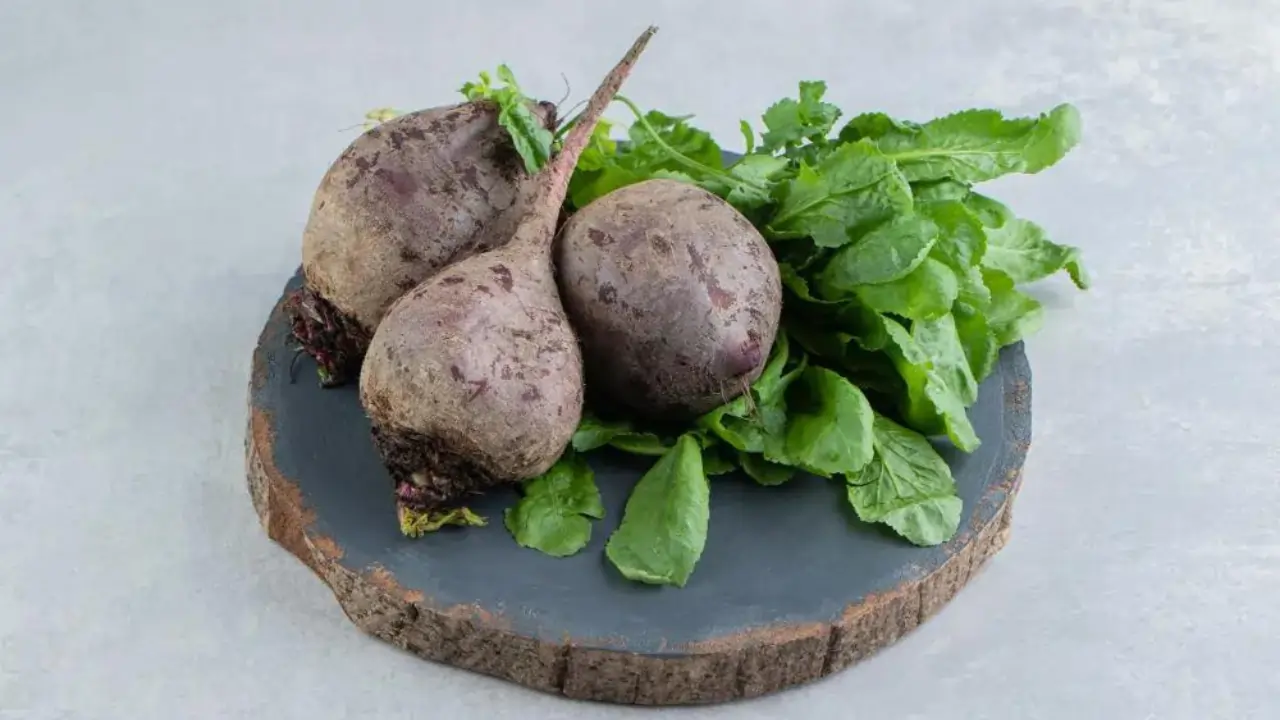
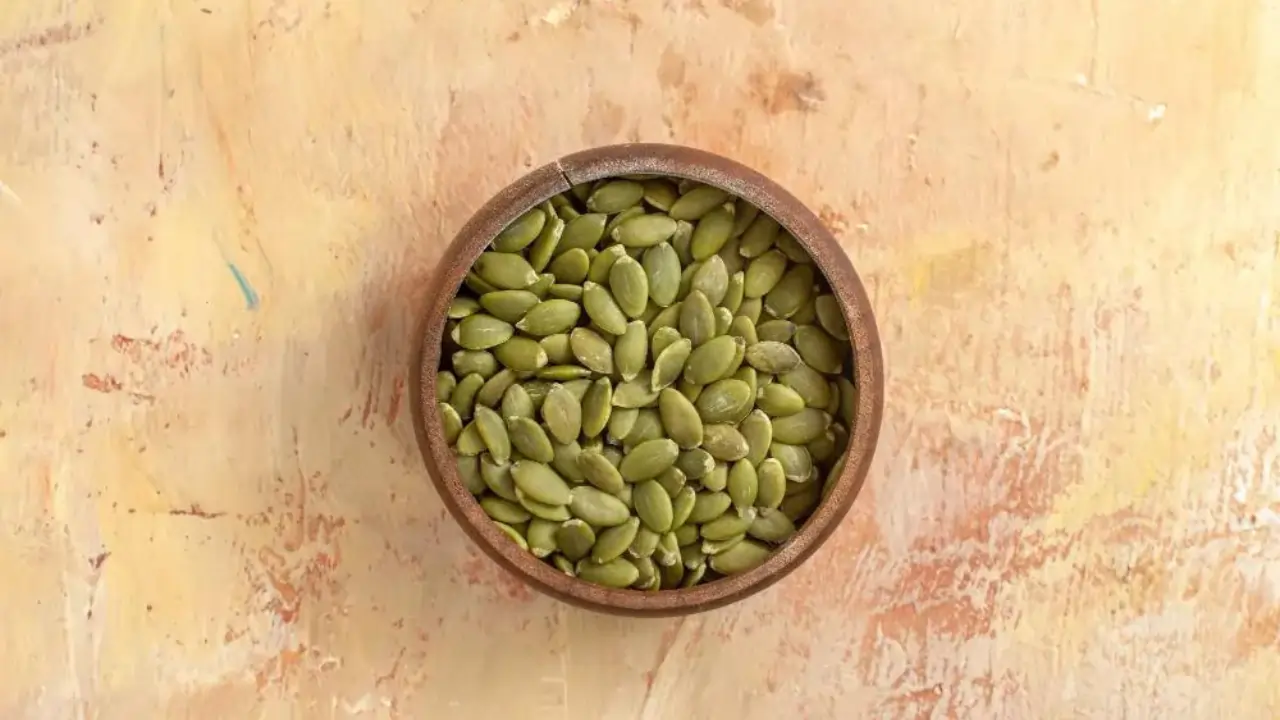
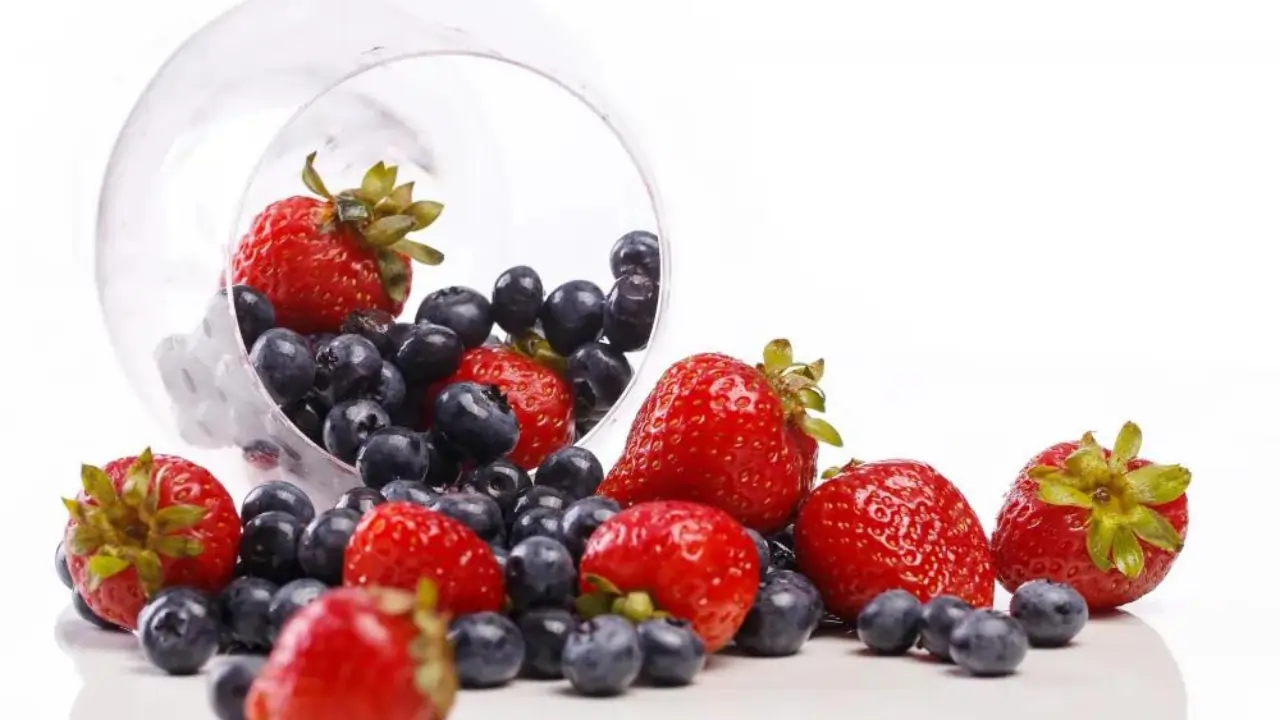
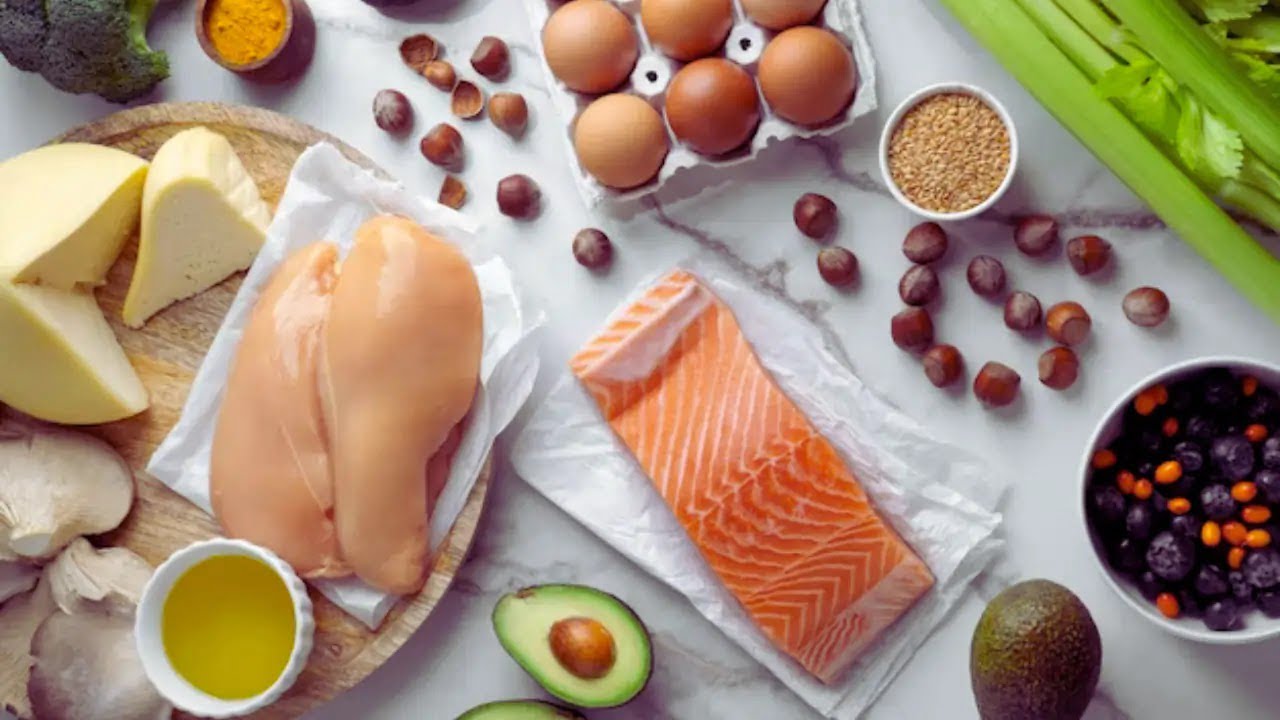

 Afrikaans
Afrikaans Albanian
Albanian Amharic
Amharic Arabic
Arabic Armenian
Armenian Azerbaijani
Azerbaijani Basque
Basque Belarusian
Belarusian Bengali
Bengali Bosnian
Bosnian Bulgarian
Bulgarian Catalan
Catalan Cebuano
Cebuano Chichewa
Chichewa Chinese (Simplified)
Chinese (Simplified) Chinese (Traditional)
Chinese (Traditional) Corsican
Corsican Croatian
Croatian Czech
Czech Danish
Danish Dutch
Dutch English
English Esperanto
Esperanto Estonian
Estonian Filipino
Filipino Finnish
Finnish French
French Frisian
Frisian Galician
Galician Georgian
Georgian German
German Greek
Greek Gujarati
Gujarati Haitian Creole
Haitian Creole Hausa
Hausa Hawaiian
Hawaiian Hebrew
Hebrew Hindi
Hindi Hmong
Hmong Hungarian
Hungarian Icelandic
Icelandic Igbo
Igbo Indonesian
Indonesian Irish
Irish Italian
Italian Japanese
Japanese Javanese
Javanese Kannada
Kannada Kazakh
Kazakh Khmer
Khmer Korean
Korean Kurdish (Kurmanji)
Kurdish (Kurmanji) Kyrgyz
Kyrgyz Lao
Lao Latin
Latin Latvian
Latvian Lithuanian
Lithuanian Luxembourgish
Luxembourgish Macedonian
Macedonian Malagasy
Malagasy Malay
Malay Malayalam
Malayalam Maltese
Maltese Maori
Maori Marathi
Marathi Mongolian
Mongolian Myanmar (Burmese)
Myanmar (Burmese) Nepali
Nepali Norwegian
Norwegian Pashto
Pashto Persian
Persian Polish
Polish Portuguese
Portuguese Punjabi
Punjabi Romanian
Romanian Russian
Russian Samoan
Samoan Scottish Gaelic
Scottish Gaelic Serbian
Serbian Sesotho
Sesotho Shona
Shona Sindhi
Sindhi Sinhala
Sinhala Slovak
Slovak Slovenian
Slovenian Somali
Somali Spanish
Spanish Sundanese
Sundanese Swahili
Swahili Swedish
Swedish Tajik
Tajik Tamil
Tamil Telugu
Telugu Thai
Thai Turkish
Turkish Ukrainian
Ukrainian Urdu
Urdu Uzbek
Uzbek Vietnamese
Vietnamese Welsh
Welsh Xhosa
Xhosa Yiddish
Yiddish Yoruba
Yoruba Zulu
Zulu